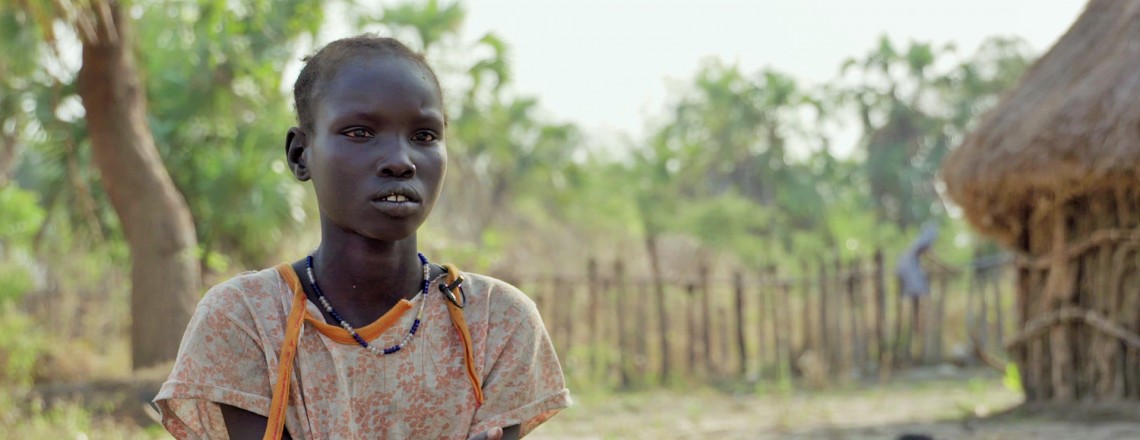
A gift and a toy: Growing up in the shadow of South Sudan’s war

What does a child know about war?
In South Sudan, they know the worst of it: nightmares, anxiety, loneliness, pain, loss, anger and hopelessness. Since the conflict erupted five years ago, they speak not of school and friendships, but of war and death. They don't know about toys and gifts, they know about crimes and guns.
Goi
Goi is ten years old. He doesn't remember exactly what happened in his village but for the past two years, he's been haunted by nightmares of his friends being burned alive inside their homes.
He is an orphan. He misses eating and playing with his parents and siblings. He blames the war for the "destruction caused to the country" and he wants peace. "The killing should stop," he says.
So many child victims of violence suffer from nightmares. Feelings of hopelessness, anger, fear and sadness envelopes them. This is the future of South Sudan: a country of children who are all too often suffering in silence.
Thagaya
Thagaya still feels a lot of pain inside. She also saw her friends die. The 12-year-old doesn't care about receiving help because "the situation would not change." She is doing what she can: she is studying. One day she will make her mother proud, she will be able to support her when she becomes a pilot.
Bitoang
Bitoang is 14. His father was killed a year back during an attack. This year it was his cousin, his best friend. They were fleeing together when he was shot. He feels responsible for not being big enough to avoid that from happening. He has nightmares and he can't stop thinking about what happened. He is still wearing the same clothes since the attack, months ago.
Nyaduala
Nyaduala is 13. She survived a brutal attack on her village. She thinks life is giving her a second chance. She goes to school but worries that she won't be able to finish because she might be forced to marry before she graduates.
James
James thought he was not going to make it through the last attack. The 14-year-old hid in the bush, under an unstoppable rain, for two days straight without any food. Thousands of mosquitoes swarmed around him. He is constantly imagining that they will be attacked again, always contemplating where he should run and hide and when to come back. The pain is still strong and it is difficult to forget what has happened, but he also wishes he could forgive and be a good man.
This generation has lived through enormous difficulty, but they still have hope. They need time and space to recover. They don't ask for anything extraordinary. They hope to exchange their experiences of violence and fear for a normal life, with a home, with food, with access to healthcare and education, with family and friends, and knowing what is a gift and a toy.
